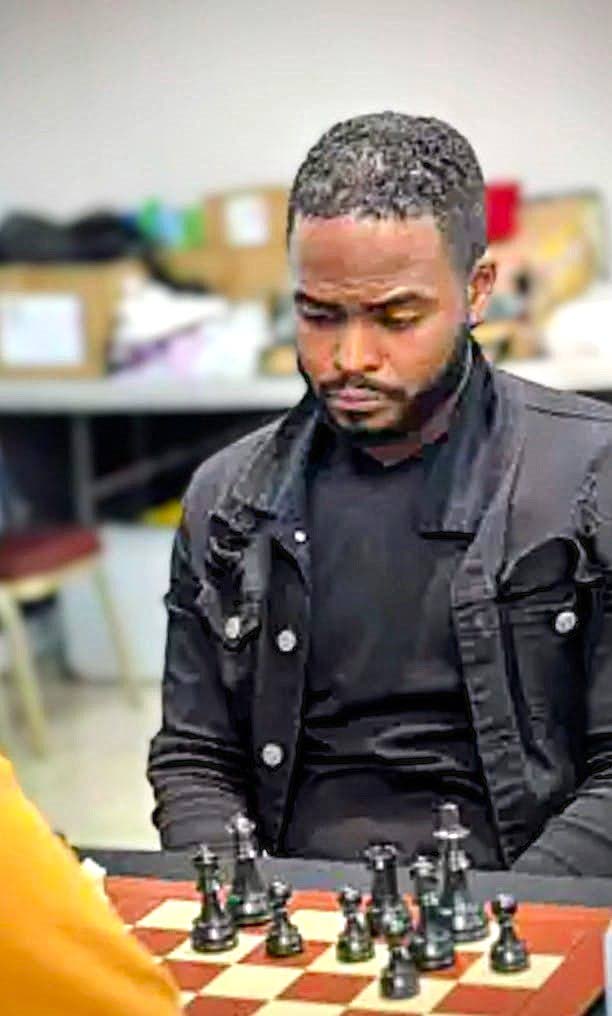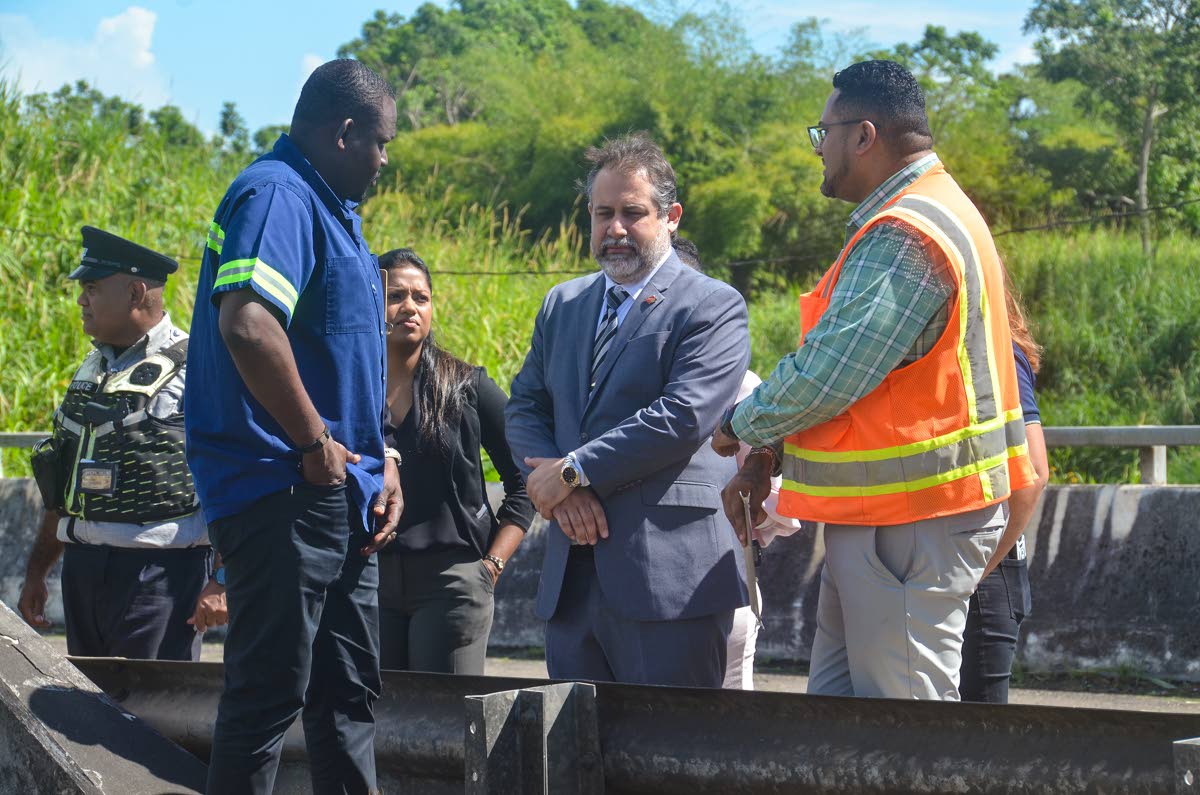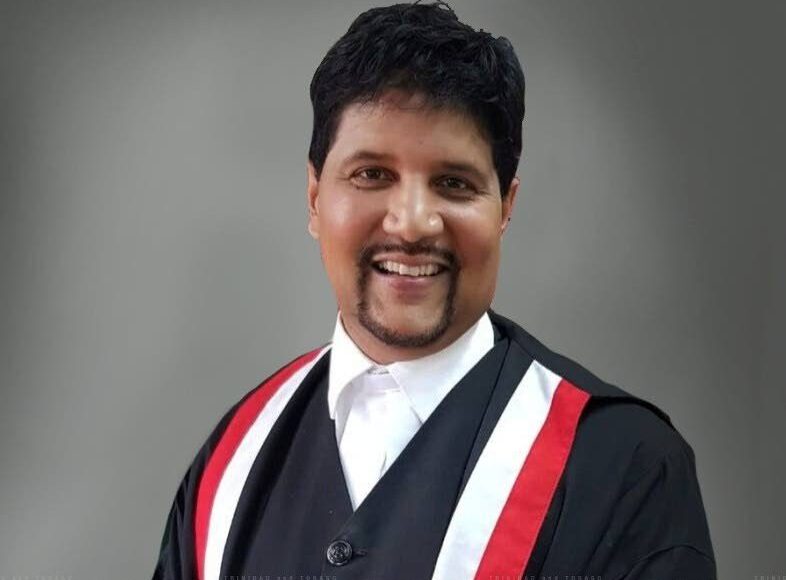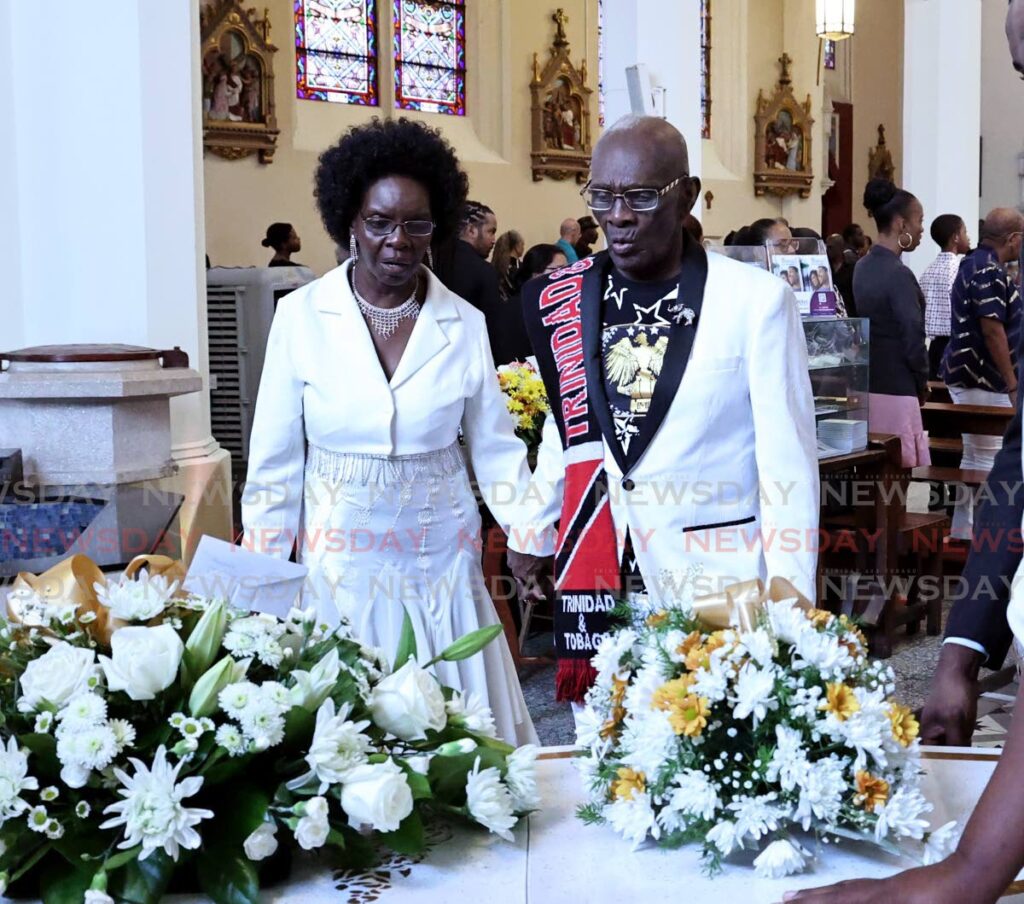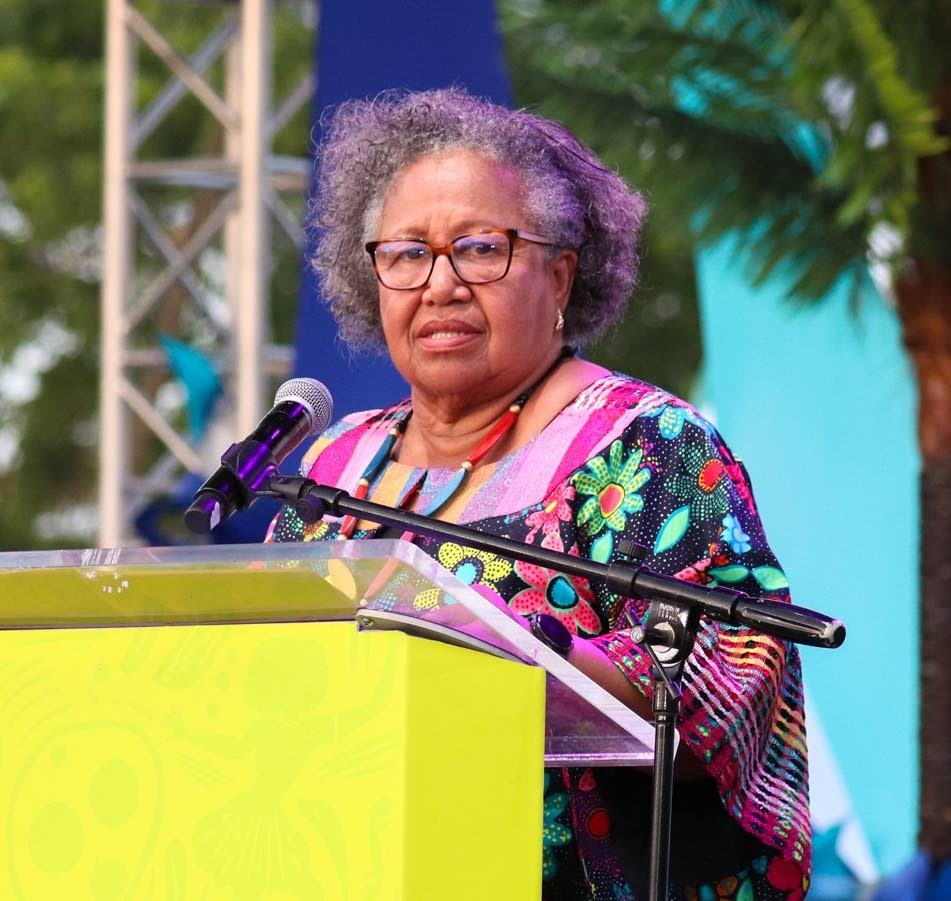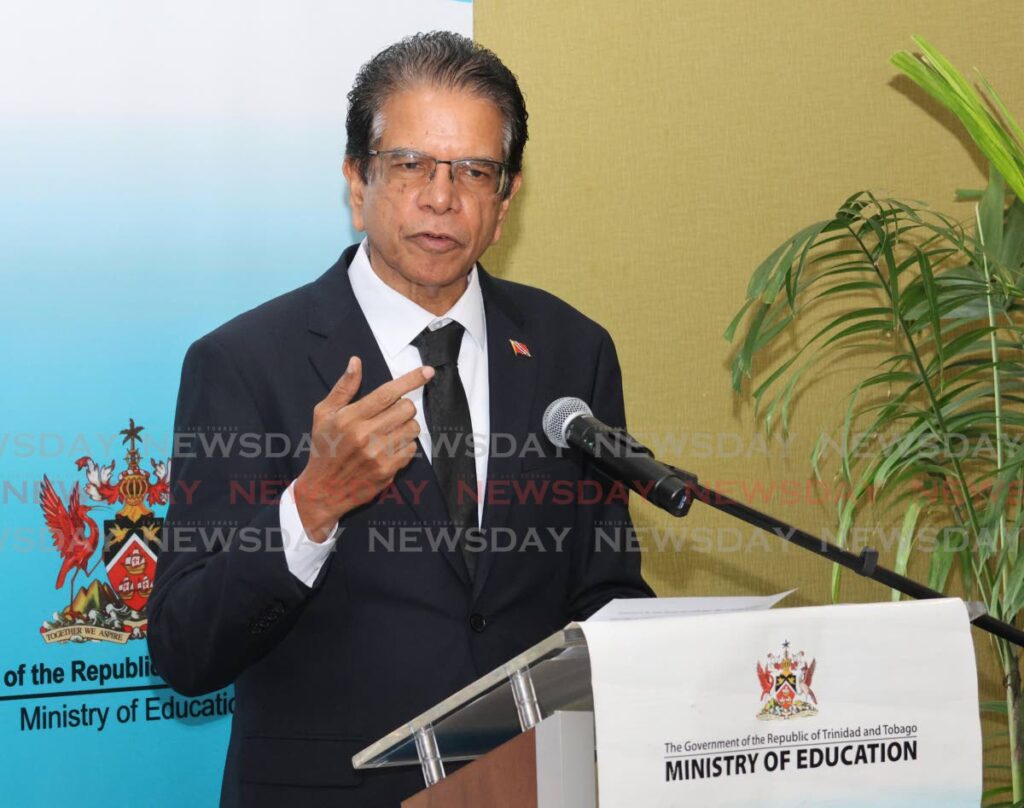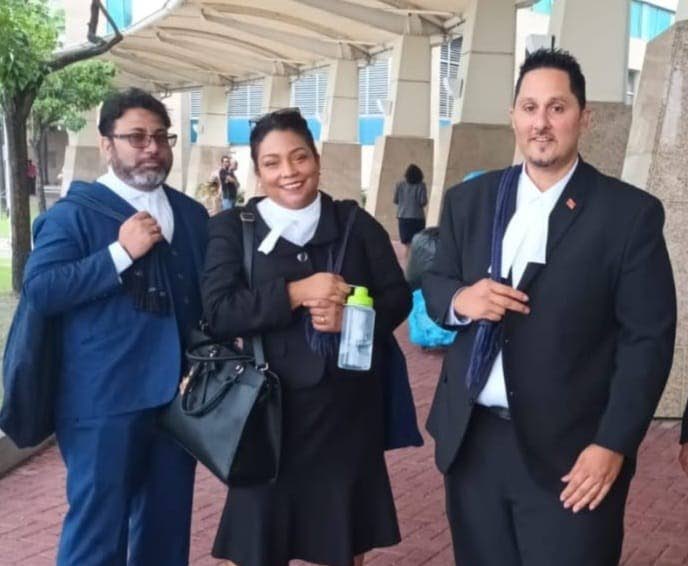In a thrilling conclusion to the 2025 East Zone Division Two table tennis championship, Warrenville United Table Tennis Club emerged victorious following a decisive 8-1 triumph over Arima Table Tennis Club. The final matches, held at Arima New Government Primary School on December 21, capped off an intense six-round, four-team round robin tournament that saw Warrenville and Hawks finish level on ten points each.
The championship was ultimately determined by the slimmest of margins—superior win-loss ratio—with Warrenville’s record of 33 games won against 21 losses narrowly outperforming Hawks’ 30 wins and 24 losses. This mathematical advantage secured the title for Warrenville despite the points deadlock.
Warrenville’s triumph was spearheaded by an exceptional team performance. Shahjahan Khan and Samir Hosein maintained perfect records in the final contest, both remaining undefeated throughout their matches. Triston Soomarie contributed significantly with two victories from his three encounters, demonstrating remarkable resilience after suffering a single defeat.
The individual matches showcased exceptional skill and determination. Khan delivered particularly impressive performances, including a hard-fought five-set victory against Kenny Second (11-8, 5-11, 7-11, 12-10, 12-10) that demonstrated tremendous composure under pressure. Hosein’s consistent dominance was evident throughout his straight-sets victories against multiple opponents.
Supporting players Jewel Serrette, Justin Bachan, and Adeeb Rajab provided crucial contributions during earlier rounds, building the foundation for Warrenville’s eventual championship success.
In the final standings, Wasa secured third position with nine points (29 wins, 25 losses), while Arima finished fourth with seven points and a 16-38 win-loss ratio. Individual honors went to Wasa’s Joel Henry, who recorded the tournament’s highest individual match wins at 17, followed by Hawks’ Emmanuel Chuniesingh (16 wins) and Warrenville’s Khan (13 wins).

